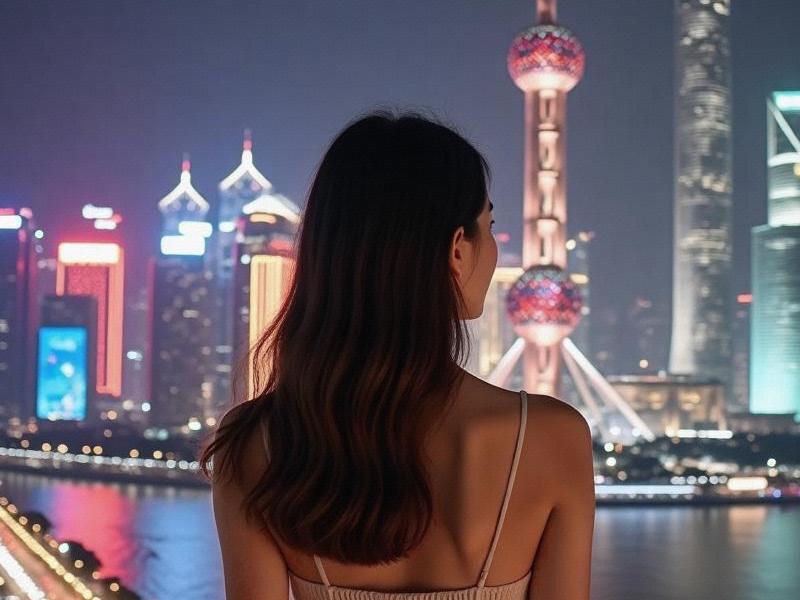
The Shanghainese Woman: A Cultural Icon Reborn
In the neon-lit streets of Shanghai's French Concession and the corporate towers of Lujiazui, a new generation of women is redefining what it means to be feminine in modern China. With 68% holding university degrees and 52% in management positions, Shanghai women represent China's most educated and economically empowered female demographic.
Educational and Professional Dominance
Key statistics reveal their professional ascendancy:
- 57% of senior executives in Shanghai are female (national average: 31%)
- Women-led startups increased 280% since 2020
- Gender pay gap narrowed to 8% (vs 21% nationally)
- 89% participate in continuous professional development
上海龙凤419贵族 "Shanghai women approach career building with strategic precision," observes sociologist Dr. Zhang Meili from Fudan University.
Fashion as Cultural Statement
Style evolution reflects changing values:
- "Neo-Cheongsam" movement modernizes traditional dress
- Sustainable fashion adoption reaches 58% (Asia's highest)
- Average spends 22% income on self-improvement
- Cosmetic surgery rates declining in favor of "natural glow" aesthetic
Social and Familial Transformations
上海花千坊龙凤 Redefining relationship paradigms:
- Average marriage age: 32 (up from 25 in 2010)
- 38% choose singlehood past 30
- Dual-career households now standard (82%)
- Shared parenting becoming cultural norm
Cultural Synthesis in Daily Life
Tradition meets modernity:
- 65% practice calligraphy or tea ceremony weekly
爱上海419 - 92% celebrate both Western and Chinese holidays
- Classical arts revival among young professionals
- Trilingualism common (English+Shanghainese+Mandarin)
Challenges and Future Directions
Areas requiring continued progress:
- Breaking remaining industry barriers
- Achieving true work-life balance
- Managing elder care expectations
- Combating lingering stereotypes
As Shanghai cements its status as a global city, its women are crafting a new blueprint for modern Asian femininity - one that celebrates both qipao and power suits, both filial duty and personal ambition. Their example inspires young women across China to demand more while staying rooted in cultural heritage.
